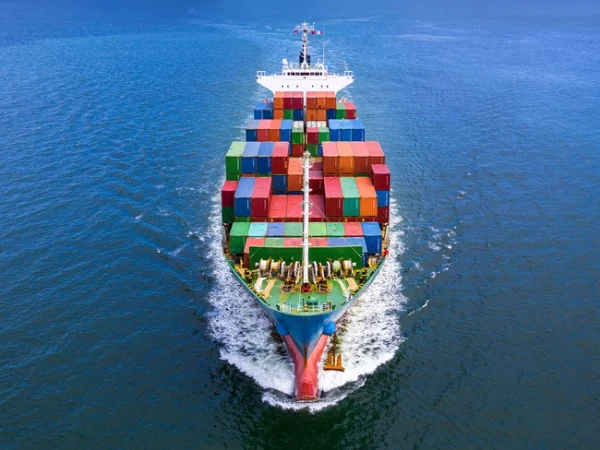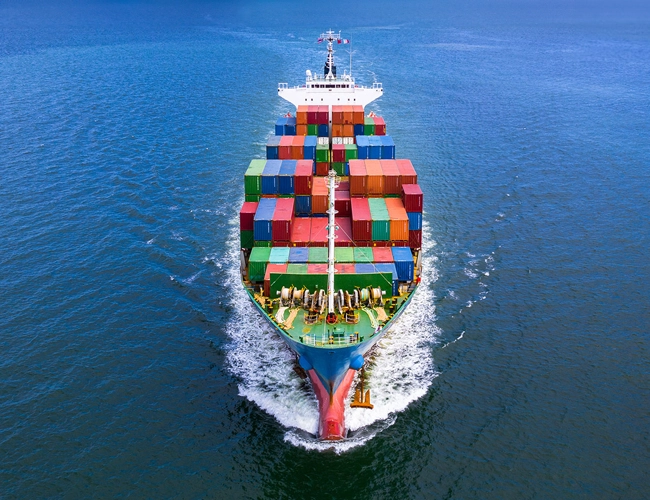
Spain’s Guardia Civil has had to deal with increasingly aggressive human smuggling tactics on the island of Formentera, which has become a new dropoff point for migrants seeking access to Europe on the Mediterranean route.
Over the past month, inflatable boats with powerful outboards and full loads of migrants have begun to arrive at Formentera, a tiny resort island south of Ibiza. The deliveries function in the manner of a raid: the speeding inflatable arrives near shore, the migrants dive off in seconds, and the boat zooms back off for its point of origin – perhaps Algerian shores, or perhaps (as some in the region speculate) a larger mother vessel.
The distance from Algeria to Formentera is at least 120 nautical miles, and making that long trip while overloaded with fuel and passengers would involve considerable risk – let alone making a return journey afterward. The round-trip element is surprising to investigators because maritime migration gangs typically treat the boat as a single-use asset on a one-way voyage.
The volume of these voyages is on the rise. Over the weekend of October 20, five boats with 95 people arrived on Formentera, including one group that made it to shore and was intercepted in a seaside town. Several others were stopped at sea, resulting in rescues and attempted arrests.
These intercepts are not always peaceful. In one case on October 20, the skipper of the smuggling craft rammed a Guardia Civil police boat and threw a can of gasoline at the officers, then fled the scene. In another case, a skipper went aground and jumped ashore to flee, leaving his passengers on the rocks.
The skipper who threw gasoline at law enforcement officers is still at large, but three other skippers of North African origin were detained during the day’s interdiction efforts.
The Guardia Civil reported that the suspects wore hoods to prevent identification, a sign that they sought to escape arrest and return to Algeria for another run. If the skipper delivers his passengers and steps ashore himself, he risks arrest for “favoring illegal immigration” and “crimes against the rights of foreign citizens,” according to La Voz de Ibiza. So far this year, more than 3,500 maritime migrants have found their way to Spain’s Balearic Islands, outstripping the total for all of 2023. The arrivals were delivered on 220 individual boat voyages.

